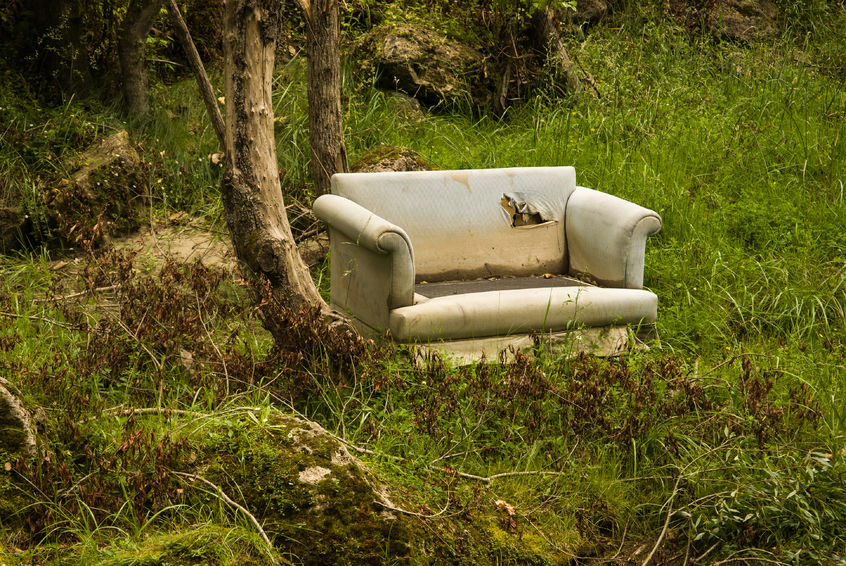
The Government has announced a new litter Strategy for England to curb littering with proposals for new enforcement, education and community engagement.
Litter louts could be hit with £150 fines as part of ambitious new plans to tackle rubbish in England.
One of the measures include offenders on community sentences, including people caught fly-tipping, help councils clear up litter and fly-tipped waste.
The cost of clearing up fly-tipping in England has hit nearly £50 million, with councils having to deal with almost 900,000 incidents every 12 months.
In December, councils across the UK were asked to make a collective New Year’s resolution to continue the zero-tolerance approach to fly-tipping far beyond the festivities.
Environment Secretary Andrea Leadsom said: “Litter is something that affects us all – blighting our countryside, harming our wildlife, polluting our seas, spoiling our towns, and giving visitors a poor impression of our country.
“Our litter strategy will tackle this antisocial behaviour by building an anti-litter culture; making it easier for people to dispose of rubbish; and hitting litter louts in the pocket.
“We want to be the first generation to leave our environment in a better state than we found it, and tackling litter is an important part of our drive to make the country a better place to live and visit.”
'Blight on the countryside'
Rural organisation the CLA, which represents farmers and landowners, has reacted to the Litter Strategy, saying Ministers are right to tackle this 'important issue'.
The CLA said in a statement: “Litter and fly-tipping is not only a blight on our beautiful countryside, but comes at a major economic cost for farmers and other rural businesses who invariably have to clear it up. The cost of this was estimated at £50m last year – an unaffordable burden to bear.
“Fines and other penalties are important, but they only work if they are enforced and it’s not clear what additional resources councils and police forces will have to do this.
“This is especially case when dealing with the organised criminal gangs that are increasingly fuelling the rise in fly-tipping incidents.
“We would like to see more creative use of measures like naming and shaming, confiscation of vehicles and other property and better education about the consequences of careless littering.”
